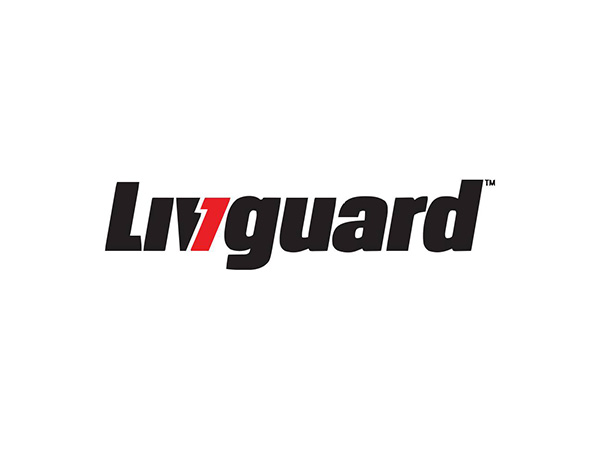Peace in Afghanistan not possible until Pakistan halts 'proxy war': Ex- Canadian Envoy
Mar 15, 2021

Ottawa [Canada], March 15 : Canada's former ambassador to Afghanistan, Chris Alexander has said that restoring peace in Afghanistan will not be possible until Pakistan halts its "covert proxy war" in the country.
The Canadian diplomat in an interview with Tolo News said that Pakistan's army, particularly the country's powerful military intelligence, the Inter-Services Intelligence (ISI), "equips the Taliban" and sends them to wage war against the Afghan government.
"There will be no peace in Afghanistan unless and until Pakistan stops its covert and now increasing covert proxy war in Afghanistan," he said.
According to the Canadian diplomat, the Taliban speaks on behalf of Pakistan's intelligence agencies.
"If the international community comes together to call out Pakistan's bad behavior in this respect, it's illegal behavior in this respect, things will change very quickly," he added.
In a recently published paper, the former envoy wrote: "Pakistan's military supports the Taliban as part of a national strategy for Afghanistan and Kashmir that Pakistan has pursued consistently since 1947 when Kabul voted against Pakistan's membership in the United Nations."
"Today's conflict is effectively the result of a sustained failure, over nearly three-quarters of a century, to achieve a comprehensive political settlement between Islamabad and Kabul, including with regard to borders... This covert proxy war is waged principally through suicide attacks, planned mass killings of civilians, intimidation and targeted assassinations, as well as information operations aimed at stoking fear in the Afghan population and undermining the credibility of the Afghan government, parliament, media, and other institutions, including its international partners," he added.
Meanwhile, according to Tolo News, Hizb-e-Islami leader Gulbuddin Hekmatyar has traveled to Pakistan on the invitation of senator Siraj ul Haq, the leader of Jamaat-e-Islami, a hardline religious party in Pakistan, and is expected to address supporters of Jamaat-e-Islami in the city of Lahore on Saturday.
At least five Afghan politicians have traveled to Pakistan in less than five months with some of them arguing that Pakistan's approach towards Afghanistan has changed.
Reiterating that several Taliban leaders are based in Pakistan, the Afghan government on Monday said Islamabad is a direct party to the Afghanistan conflict and treating it as a "normal neighbour" would not help the peace process in the war-torn country.
Pakistan has been long blamed for providing support to Taliban terrorists in Afghanistan. It is no secret that scores of top Afghan Taliban leaders are hiding in Pakistan.
In December, a series of videos surfaced showing senior Taliban leaders meeting their followers and Taliban fighters in Pakistan.
In the videos, Taliban deputy leader Mullah Abdul Ghani Baradar, the head of the Taliban political office, was seen holding a briefing with the Taliban cadre on the Afghanistan peace negotiations and acknowledging the presence of the Taliban's top leadership in Pakistan.
In December, former Pakistan senator Afrasiab Khattak said Pakistan is using the Taliban as a "tool" for its dominance in Afghanistan under the pretext of strategic depth.
"They [Pakistan] want dominance in Afghanistan under the pretext of strategic depth and they have pursued this policy. They see the Taliban as a tool for themselves," Khattak said in an interview with TOLO news.
"We can say that their (the Taliban's) approach has changed if they stop violence and say that they will feel the people's pain," Khattak said.
The peace negotiations between Kabul and the Taliban began in the Qatari capital of Doha back in September. In early December, Kabul and the Taliban announced that they had agreed on the framework of the talks, allowing for discussions to now be held on substantive issues. Little progress, however, has so far been made since then.




















